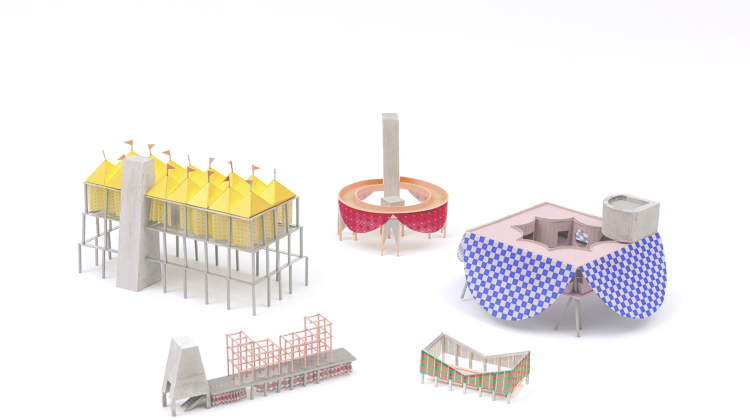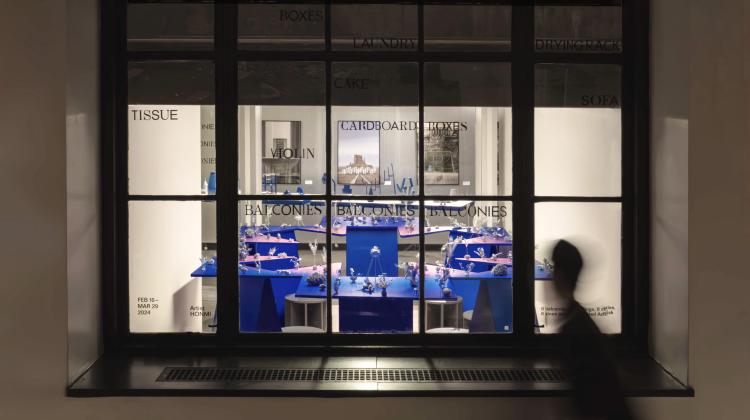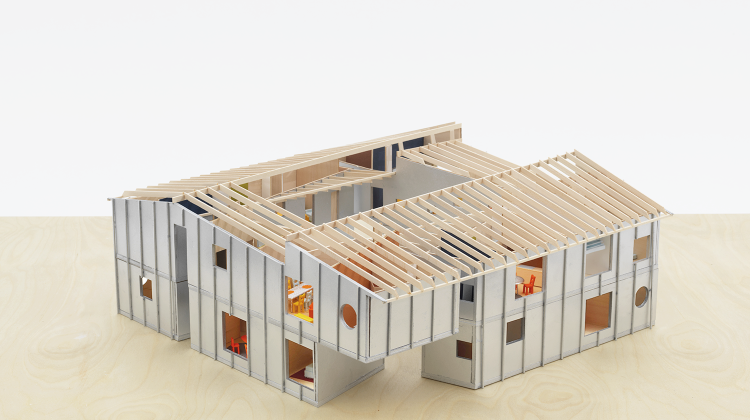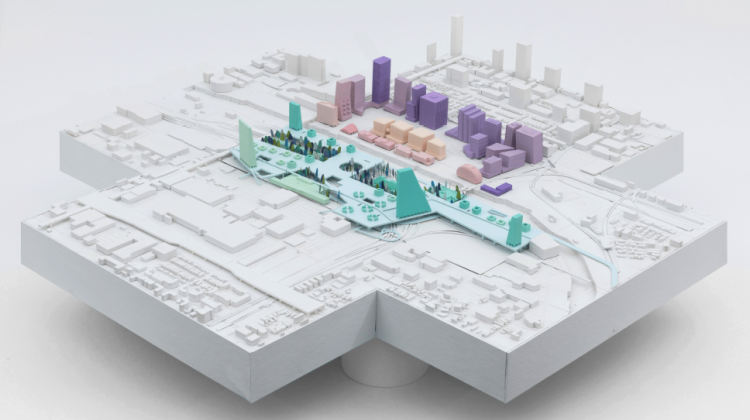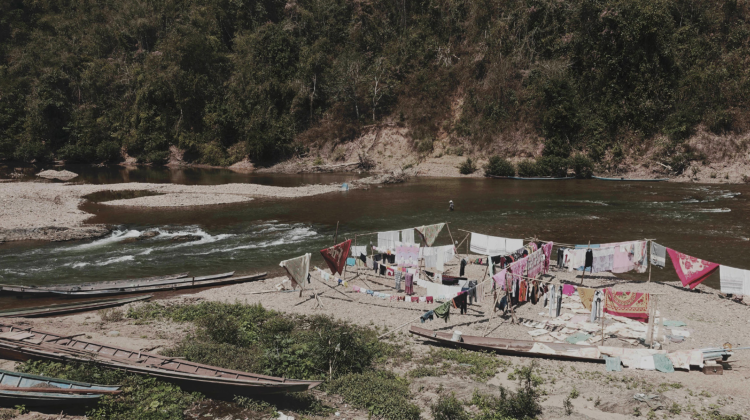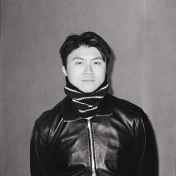Bryan Wong
Bryan is part of HONMI, an artist duo that centers on art as medium to critique geographical abstractions under modernism, revealing cultural disappearances, and expanding conventional lexicons with alternative values. The practice also experiments new Pop-Up models as a reaction to the post-apocalyptic retail environments by connecting vacant storefronts with emerging designers. designer that works between art, architecture, and landscapes. His works has been exhibited in Weisner Gallery and Rotch Library at MIT, gta Exhibitions at ETH Zürich, Kirkland Gallery at Harvard GSD, the Venice Architecture Biennale, with his HKU thesis "Development Detours" published in the Landscape Architecture Frontier Journal (LAF). At MIT, he has instructed an IAP course about mapping architecture and assisted the MArch Core II & III studio. He was awarded with The 2024 Harold and Arlene Schnitzer Prize in the Visual Arts, the Julian Bienart Award, the CAMIT Art Grant, and was part of the Council's Arts Incubator.



